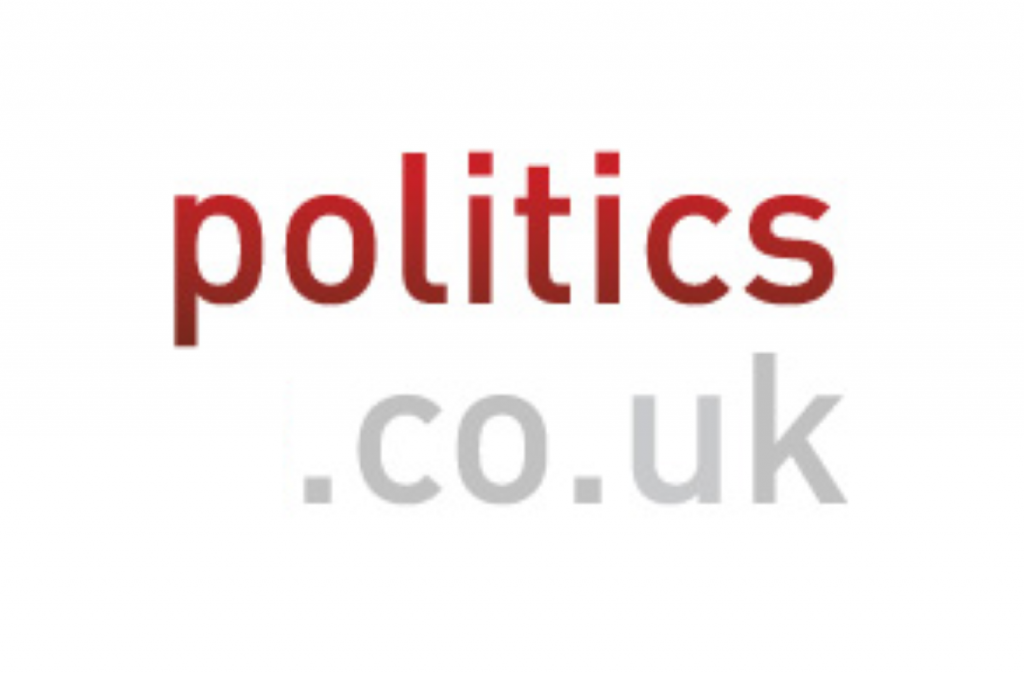‘Untransparent’ funding for Aids projects criticised
Government spending on international HIV and Aids projects lacks transparency, a leading development charity claims.
Actionaid has published a report criticising the Department for International Development’s (DfID) donations to HIV and Aids programmes, ahead of a meeting to discuss the international fight against HIV, tuberculosis and malaria.
The charity said the department, which has pledged £1.5 billion to fight HIV over the next three years, failed to provide accurate records about what proportion of aid was spent on prevention, treatment and care.
It said that the lack of information made it impossible to tell which developing countries were receiving the aid and whether any restrictions were being placed on how it is spent.


Next week, UN secretary general Kofi Annan will chair a London conference organised by the Global Fund to fight Aids.
Actionaid said that Dfid should ensure greater transparency over its contributions towards fighting Aids and should channel more funds through joint initiatives like the Global Fund.
“As one of the major donors to HIV and Aids programmes to developing countries, DfID has a responsibility for greater transparency,” said author of the report Felicity Daly.
“It must closely track its country-to-country aid while placing more emphasis on funding joint interventions, such as the Global Fund, that have a specific remit to fight Aids,” she added.
But a spokesman for DfiD said the UK was the second largest international donor funding HIV projects in developing countries and insisted the government had one of the best records in tacking Aids.
“DfID has always been very clear and open in its reporting of development expenditure.” the spokesman said.
The department announced on Sunday that it is hoping to encourage other countries to increase contributions to the Global Fund over the next two years at next week’s conference.
The government has already pledged to double its own contribution to the international body, which distributes money to various charities, with plans to donate twice as much cash in both 2006 and 2007.
But the fund, established in 2002, is still short of £1.6 billion for 2006 and £2.3 billion for 2007.
A spokeswoman for the Stop Aids Campaign, an umbrella group of over 70 organisations said the Global Fund accounted for 20 per cent of total HIV funding and that the London conference would give G8 leaders campaigning to halt the spread of the infection, the opportunity to “put their money where there mouth is.”
“Donor governments need to at least double their contributions in order to close the gap between what is pledged and what is actually needed to ensure the Global Fund is effective,” said Judith Melby.

